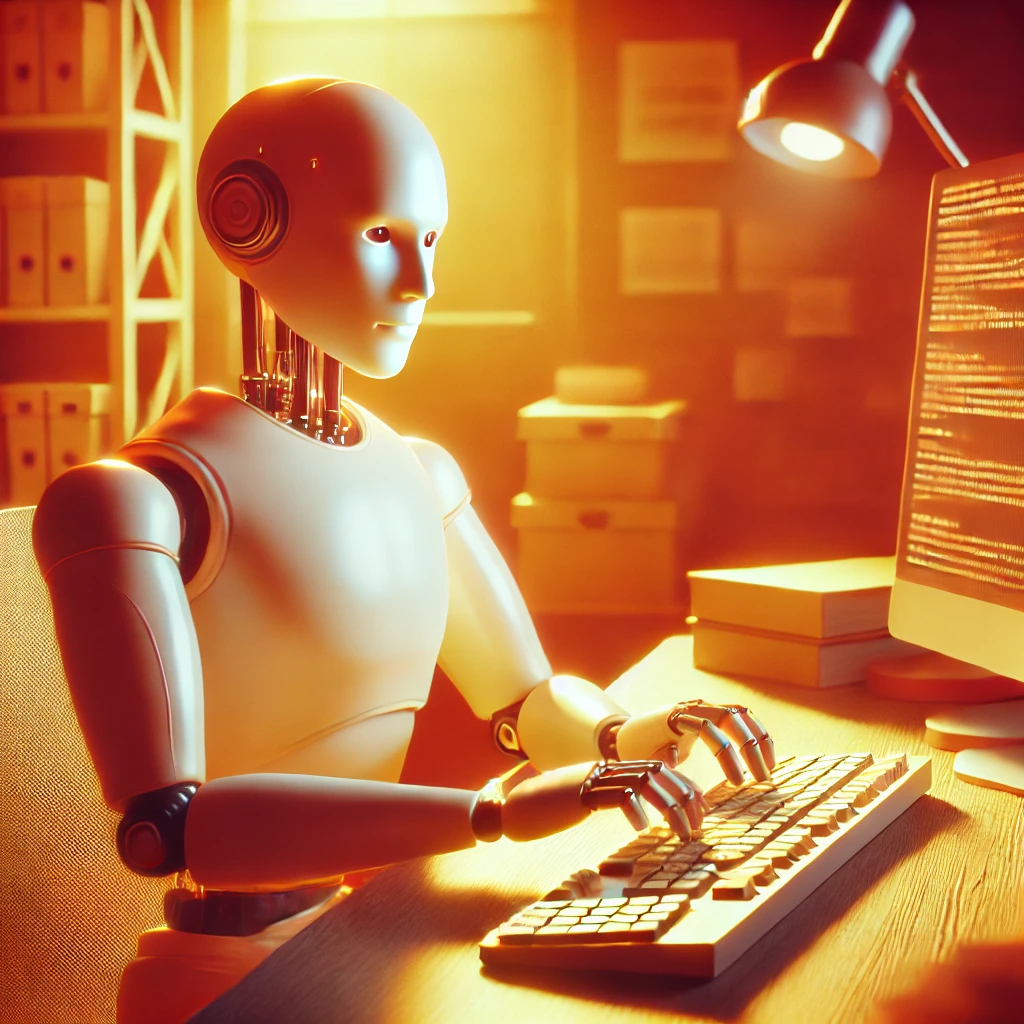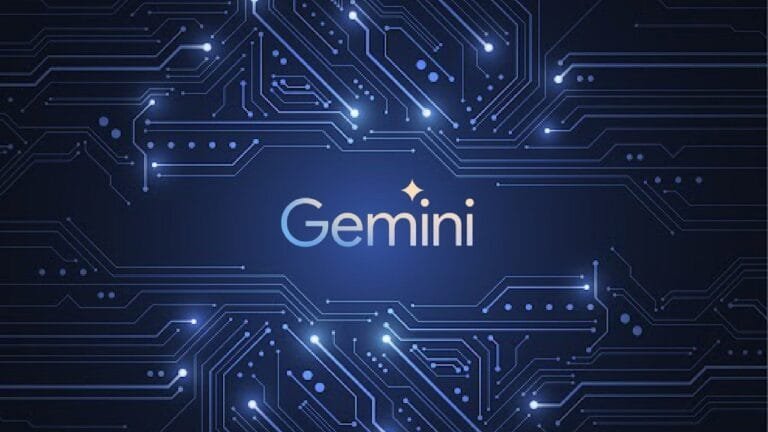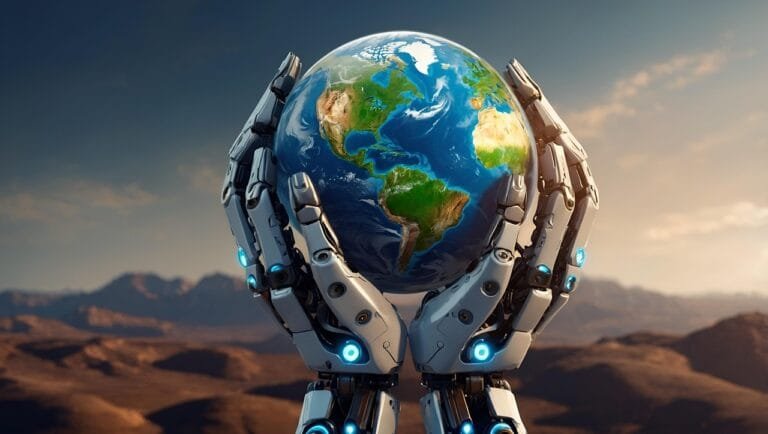AI Supported Progression Strategies
In the rapidly evolving landscape of the 21st century, artificial intelligence has emerged as a transformative force, reshaping not just industries and economies, but the very fabric of how individuals build and sustain successful careers. Gone are the days when career progression followed predictable, linear paths within established corporate hierarchies. Today, AI tools and platforms have democratized access to knowledge, skills, and opportunities, fundamentally altering what’s possible for the average person with ambition and curiosity.
This shift represents perhaps the most significant expansion of individual career potential since the advent of the internet itself. Artificial intelligence now serves as both catalyst and companion in the journey toward professional success, offering unprecedented support across every stage of career development. From skill acquisition to network building, from content creation to business operations, AI has become the great equalizer—enabling individuals to compete in domains previously accessible only to those with extensive resources, specialized education, or privileged connections.
What makes this moment particularly remarkable is how AI has transformed from an abstract concept discussed in academic and technical circles into practical, accessible tools that anyone can leverage. The average person today can harness computational power and algorithmic assistance that would have seemed like science fiction merely a decade ago. This essay explores the multifaceted ways in which AI has expanded career possibilities for everyday individuals, examining both the practical applications and broader implications of this technological revolution.
The Democratization of Expertise
Perhaps the most profound impact of AI on individual career development has been the democratization of expertise. Traditionally, developing specialized knowledge required years of formal education, apprenticeship, or professional practice—often at considerable financial and opportunity cost. AI has fundamentally altered this equation by making specialized knowledge more accessible and actionable for individuals regardless of their background or resources.
Consider the case of technical writing. Previously, becoming a technical writer in specialized fields like medicine, finance, or engineering required extensive domain knowledge acquired through formal education. Today, AI writing assistants can provide real-time guidance on terminology, style, and content accuracy, enabling writers to produce competent material in fields they’re still learning. This doesn’t eliminate the value of deep expertise, but it significantly lowers the barrier to entry, allowing individuals to begin contributing meaningfully much earlier in their learning journey.
Similarly, coding and software development have been transformed by AI pair programmers and code generators. These tools don’t just offer suggestions; they can generate functional code based on natural language descriptions of desired outcomes. An individual with basic programming fundamentals can now leverage AI to tackle projects of considerably greater complexity than their experience would typically allow. The learning process itself is accelerated as the AI explains its reasoning, suggests optimizations, and identifies potential issues in real-time.
This democratization extends to creative domains as well. Graphic design, once requiring years of training in visual principles and technical software skills, has become more accessible through AI design assistants that can generate professional-quality visuals based on descriptive prompts. Musicians can use AI to orchestrate compositions, photographers can enhance images beyond their technical capabilities, and videographers can apply sophisticated editing techniques with minimal manual intervention.
What’s particularly significant is how this accessibility creates virtuous cycles of learning and professional development. Rather than replacing human skill acquisition, AI often accelerates it by providing scaffolding that supports increasingly sophisticated work. The novice designer who begins with AI assistance gradually develops an aesthetic sensibility and technical understanding that elevates their work beyond what the AI alone could produce. The AI becomes not just a tool but a collaborator in the development of genuine expertise.
Breaking Geographic and Network Barriers
Historically, career success has been heavily influenced by geographic location and social networks. Major metropolitan areas offered disproportionate access to opportunities, while personal and professional connections often determined who learned about and secured desirable positions. AI has begun to erode these traditional constraints, creating more geographically distributed pathways to professional advancement.
Remote work, accelerated by technological advancements and global circumstances, has been further empowered by AI tools that enhance distributed collaboration. Translation services enable real-time communication across language barriers. Meeting assistants can transcribe, summarize, and extract action items from virtual gatherings. Project management systems augmented with AI can coordinate complex workflows across time zones and cultural contexts. These capabilities allow individuals to participate in global labor markets from virtually anywhere with adequate internet connectivity.
The implications for average individuals are profound. A software developer in a rural area can now realistically compete for positions with companies headquartered thousands of miles away. A marketing specialist can build a global client base without relocating to a major commercial center. A teacher can share expertise through AI-enhanced educational platforms that reach students worldwide. Geographic limitations have not disappeared entirely—time zone differences, infrastructure quality, and legal frameworks still matter—but they have been substantially reduced.
Similarly, AI has begun to disrupt the primacy of traditional networking in career advancement. While personal connections remain valuable, AI-powered platforms can now match individuals with opportunities based on skills and experience rather than who they know. Recommendation systems analyze work samples, endorsements, and activity patterns to suggest potential clients, employers, or collaborators. These systems are imperfect and sometimes reinforce existing biases, but they nonetheless create pathways to opportunity that circumvent traditional gatekeeping mechanisms.
Perhaps most importantly, AI now offers unprecedented support for individual reputation building. Content recommendation algorithms can help a previously unknown creator find their audience. Analytics tools provide insights into what resonates with readers, viewers, or customers. Optimization assistants help ensure that professional work is discoverable by the right people at the right time. Through these mechanisms, individuals can build professional reputations based more directly on the quality of their work rather than pre-existing connections or institutional affiliations.
The Rise of the AI-Empowered Solopreneur
One of the most remarkable developments in recent years has been the emergence of the AI-empowered solopreneur—individuals who leverage artificial intelligence to build sustainable businesses with minimal or no additional human resources. This model represents a significant departure from traditional entrepreneurship, which typically required substantial capital for hiring or outsourcing essential business functions.
Today, an individual with domain expertise and entrepreneurial drive can utilize AI to handle a remarkable range of business operations. Customer service can be managed through sophisticated chatbots that handle routine inquiries, schedule appointments, and escalate complex issues when necessary. Marketing campaigns can be designed, executed, and optimized with AI assistance, from content creation to audience targeting to performance analysis. Financial operations—from bookkeeping to tax preparation to financial forecasting—can be substantially automated through intelligent systems that learn from transaction patterns and industry benchmarks.
These capabilities enable individual entrepreneurs to operate at scales and efficiency levels previously attainable only with substantial teams. A solo consultant can serve dozens of clients simultaneously by leveraging AI for research, document preparation, and communication management. A creative professional can increase output without sacrificing quality by using AI for technical aspects of production while focusing human attention on creative direction and client relationships. A knowledge worker can develop intellectual property at an accelerated pace by utilizing AI to handle literature reviews, data analysis, and formatting.
What’s particularly significant about this development is how it changes the risk profile of entrepreneurship. Historically, starting a business required substantial upfront investment and entailed significant financial risk. The capital requirements for staffing essential functions meant that entrepreneurs needed either personal savings, external funding, or immediate revenue sufficient to cover multiple salaries. The AI-empowered solopreneur, by contrast, can begin operations with minimal overhead and scale gradually as revenue increases. This reduced initial cost creates opportunities for entrepreneurship among populations that have traditionally faced barriers to business ownership due to limited capital access.
The model also offers unprecedented flexibility in work arrangements. AI systems don’t require fixed schedules or minimum hours—they can be leveraged as needed to accommodate varying workloads or personal circumstances. This flexibility enables entrepreneurship among individuals balancing other responsibilities, such as caregiving, education, or health management. The ability to build a business around personal constraints rather than conforming to standardized work expectations represents a meaningful expansion of who can realistically pursue entrepreneurial ambitions.
Continuous Adaptation in the AI Era
Perhaps the most significant shift brought about by AI is the movement from episodic to continuous learning as the dominant model of career development. Traditional career trajectories often involved front-loaded education followed by experience accumulation within relatively stable professional contexts. Formal retraining might occur occasionally to accommodate major transitions, but was not a constant requirement. The accelerating pace of technological change, coupled with the evolving capabilities of AI itself, has rendered this model increasingly obsolete.
In today’s environment, the most successful professionals engage in perpetual adaptation, constantly acquiring new skills and knowledge to complement, rather than be replaced by, artificial intelligence. This process is simultaneously more demanding and more accessible than traditional professional development. More demanding because it never truly concludes—there is always a new tool, technique, or domain to master. More accessible because AI itself provides unprecedented support for this continuous learning process.
Personalized learning platforms powered by artificial intelligence can assess individual knowledge gaps, recommend targeted resources, and adapt instructional approaches based on learning patterns. Simulation environments allow risk-free practice of complex skills with immediate feedback. Knowledge management systems help organize and retrieve information as needed, reducing the cognitive burden of maintaining expertise across multiple domains. These tools transform learning from a distinct life phase to an integrated component of daily professional practice.
The implications for individual career progression are profound. As AI increasingly handles routine cognitive tasks, human value shifts toward uniquely human capabilities—creativity, ethical judgment, emotional intelligence, cultural understanding—and the ability to effectively collaborate with artificial intelligence itself. The most resilient careers combine deep expertise in specific domains with the adaptability to continuously evolve how that expertise is applied as technological and market conditions change.
This model of continuous adaptation represents both challenge and opportunity for the average person. The challenge lies in the mental and emotional demands of perpetual learning, which requires not just time and effort but comfort with constant evolution and occasional reinvention. The opportunity lies in how this model rewards curiosity, flexibility, and self-direction rather than traditional credentials or fixed career paths. Individuals who might have struggled in conventional educational environments can thrive in personalized, iterative learning systems that accommodate diverse strengths and learning preferences.
Navigating Ethical Complexity
As individuals increasingly leverage AI to advance their careers, they must navigate complex ethical considerations that extend beyond traditional professional ethics. The use of artificial intelligence in content creation, decision support, and customer interaction raises questions about authorship, transparency, accountability, and authenticity that have no clear precedents or universal standards.
When an entrepreneur uses AI to generate marketing copy, to what extent should they disclose this to potential customers? When a job applicant uses AI assistance in preparing application materials, what constitutes appropriate enhancement versus misrepresentation of abilities? When a professional relies on AI for consequential recommendations, how can they ensure they maintain sufficient understanding to take responsibility for outcomes? These questions lack simple answers and often involve balancing competing values in context-specific ways.
What’s particularly challenging is how rapidly both technological capabilities and social norms are evolving. What might be considered deceptive use of AI today could become standard practice tomorrow, or vice versa. Professionals must develop not just technical facility with AI tools but ethical discernment about their appropriate application—a capacity that requires ongoing reflection rather than adherence to fixed rules.
At the same time, individuals must consider how their use of AI affects broader social and economic systems. The widespread adoption of certain AI applications may contribute to economic displacement, environmental impacts, or the reinforcement of societal biases. Individual career advancement that comes at substantial collective cost raises difficult questions about professional responsibility in an interconnected world.
These ethical dimensions of AI use represent a new requirement for professional development—one that goes beyond traditional ethics training to encompass technology assessment, stakeholder impact analysis, and personal reflection on the relationship between individual advancement and collective well-being. The most successful professionals in the AI era will likely be those who develop not just technical competence but ethical wisdom in navigating these complex landscapes.
Conclusion: The New Landscape of Possibility
The integration of artificial intelligence into professional life has fundamentally altered what’s possible for the average person pursuing career success. Geographic constraints have loosened, knowledge barriers have lowered, resource requirements have decreased, and pathways to opportunity have diversified. These changes have created a landscape of unprecedented possibility for individuals willing to learn how to effectively collaborate with AI systems.
This is not to suggest that all barriers have disappeared or that structural advantages have ceased to matter. Access to technology, quality education, professional networks, and financial resources still significantly influence career trajectories. What has changed is the degree to which determined individuals can overcome traditionally limiting factors through creative leverage of artificial intelligence.
The most profound aspect of this transformation may be how it has altered the relationship between individual agency and institutional frameworks. Historically, career advancement required navigation within established systems—educational institutions, corporate hierarchies, professional associations—that maintained significant control over who could progress and how. AI has created alternative pathways that, while not eliminating these traditional gatekeepers, have reduced their absolute power over individual professional destinies.
The future likely belongs to those who can balance independent initiative with collaborative engagement, who can leverage AI while maintaining distinctly human value, and who can navigate continual change without losing core purpose or ethical grounding. For such individuals, artificial intelligence offers not just tools but partnership in building careers characterized by both achievement and meaning—careers that might have remained out of reach in previous eras.
This new landscape brings responsibility alongside opportunity. As AI becomes increasingly integrated into professional life, individuals must consider not just what they can accomplish with these powerful tools, but what they should accomplish—what ends are worth pursuing and what means are justifiable in their pursuit. The greatest promise of AI-supported career development lies not just in expanded individual possibility, but in how those possibilities might be directed toward building more inclusive, sustainable, and humane professional futures for all.




